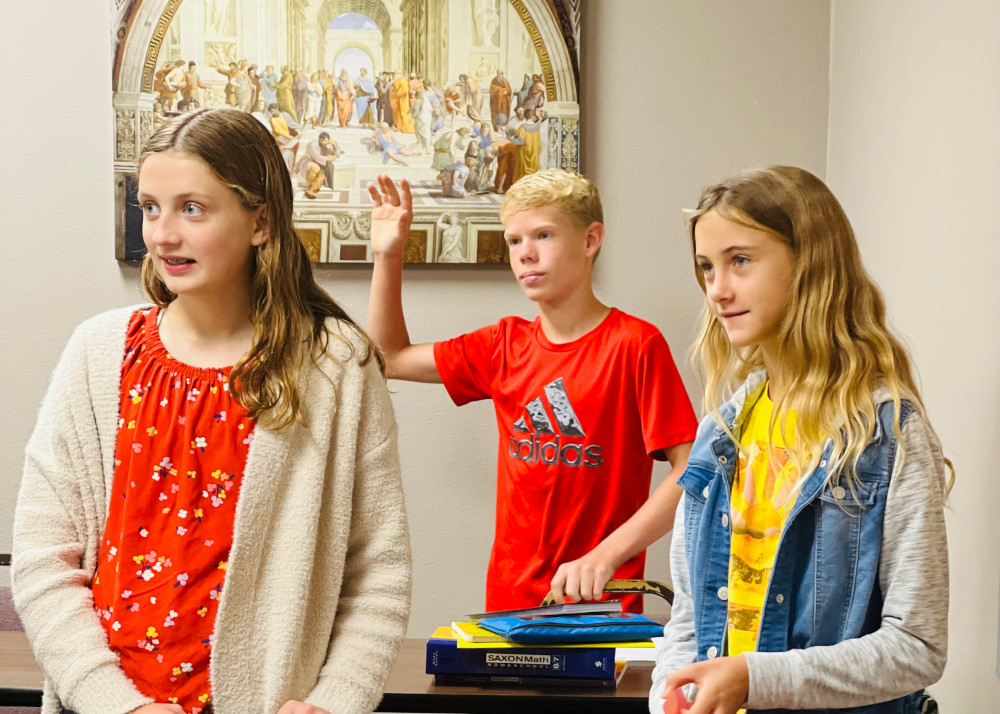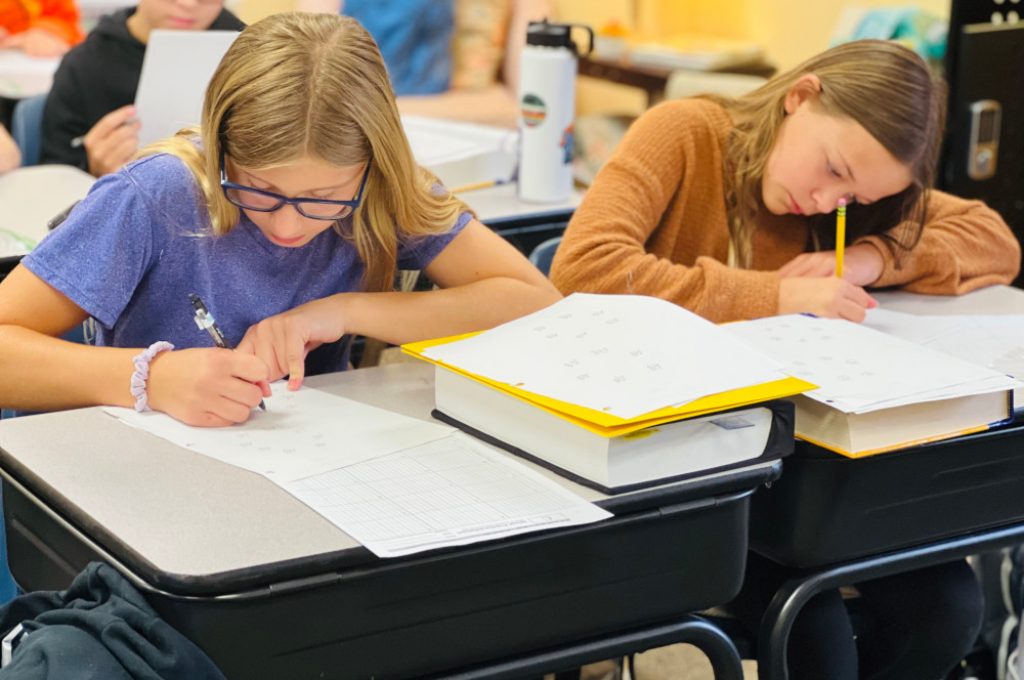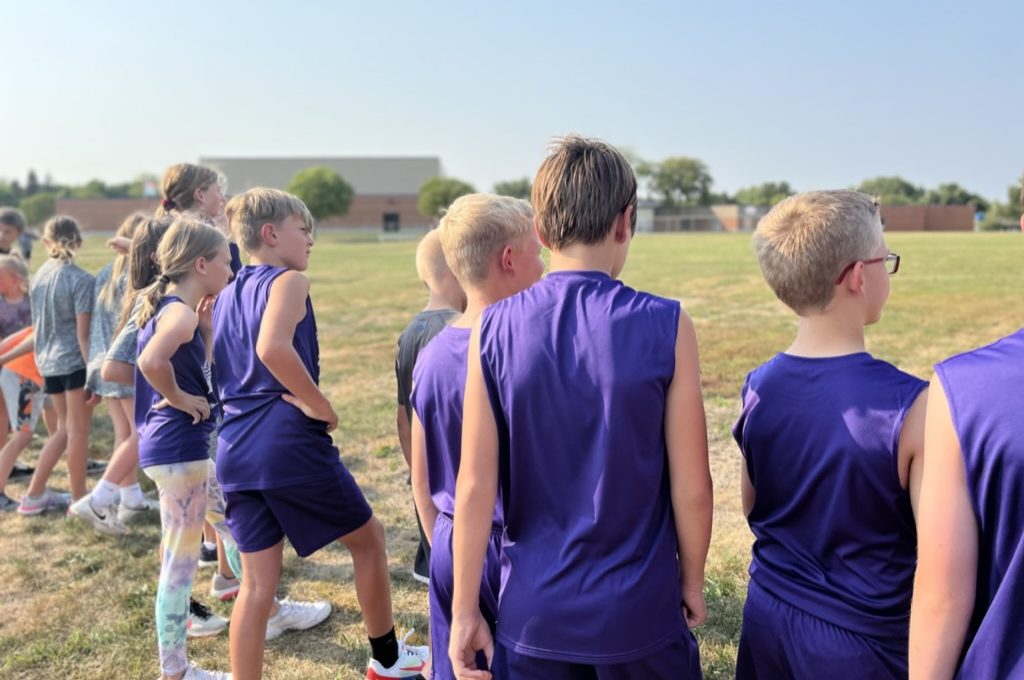Learning How To Seek Truth
The transition into the Logic stage of learning is an important transition in classical education. The Logic stage is situated between the Grammar stage, in which students learn fundamental knowledge of various subject matters, and the Rhetoric stage, in which students focus on expressing complex ideas in a persuasive and winsome way. The Logic stage is a time of intentional focus on right-ordered thinking. School of Logic students have the natural tendency to question and debate what they are taught. Our teachers nurture this tendency through guided conversation to help students see reasoned thinking to arrive at sound conclusions. This formative opportunity allows them to evaluate their own arguments before engaging in discussion with differing points of view.

Abiding Savior Academy offers the only full-time Classical Christian educational approach in Sioux Falls and surrounding communities. At its core, Classical Christian Education (CCE) trains students to be life-long learners who reason clearly, think critically, and speak eloquently.
Each of our classes are centered on the principle that God is the Creator of all that exists, and therefore all knowledge is interrelated and ultimately points back to Him. Biblical standards of conduct are applied in all areas of classroom life, acknowledging that Jesus Christ is Lord of all.
Our smaller class sizes (relative to other nearby school options) allow for our teachers to work more closely with students individually. This school environment also offers greater interaction with students from different grades, through which students learn in unique ways from each other.

DEVELOPMENTAL TRAITS OF A SCHOOL OF LOGIC STUDENT:
Ready for an intellectual challenge
Critical and excited to debate
Intrigued to learn “behind the scenes” facts and processes
Curious about the “why”
Eager to draw connections between concepts and ideas
DEVELOPMENT MIRRORED IN THE CLASSROOM
Timelines, charts, maps (visual materials)
Socratic Discussions
Debates
Persuasive essays
Dramatic re-enactments
Introduction to Logic classes
Guest speakers

